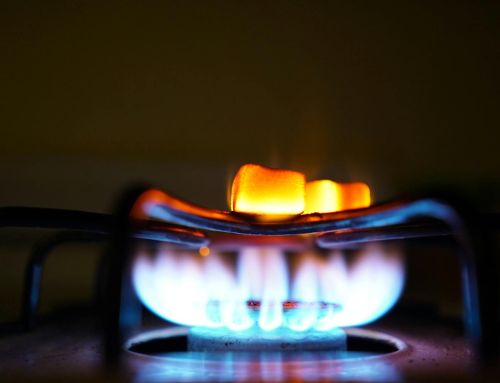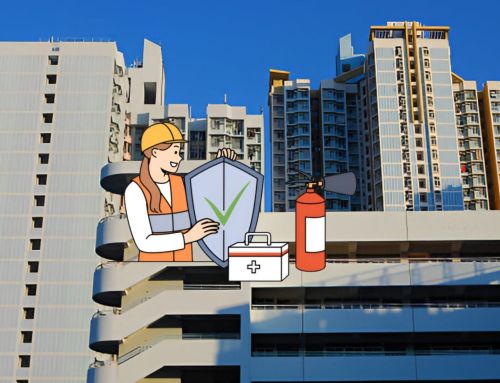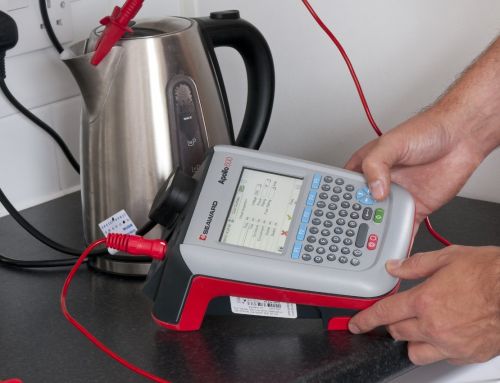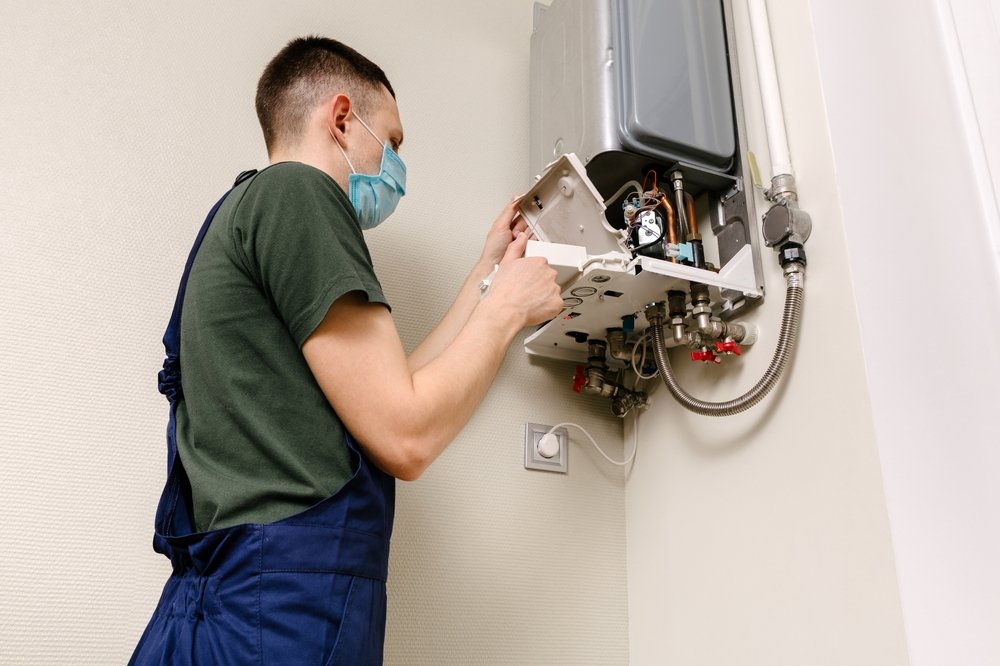
Gas Safety Certificate Requirements
Gas Safety Certificate Requirements;
A gas safety certificate is a document proving all gas appliances in your rental property have been verified safe by an accredited engineer. This certification can only be issued by an experienced Gas Safe registered engineer who has undergone numerous qualifications and training courses to reach this level of competence.
Inspections (Gas Safety Certificate Requirements)
Gas Safety Certificate Requirements;
A professional gas safety inspection is conducted to guarantee your home’s gas appliances are secure and functioning correctly. This includes a visual examination, pressure tests, functionality checks and operation checks.
If you own any of the following gas appliances in your home: a cooker, boiler, heater, water heater or fireplace, it is essential to get them inspected by a Gas Safe engineer. They will verify that everything is set up correctly and the gas supply to the appliance secure.
Saving money and keeping your family protected from potential health issues are two benefits of signing up for Gas Safe inspections. It is a legal requirement that all gas appliances and installations in residential properties undergo regular testing by an approved engineer from Gas Safe.
The inspector will inspect your home’s flues and chimneys to guarantee they are free from leaks, allowing safe gas usage. They also verify all pipes are secure and there is a continuous air supply to each appliance – this helps prevent carbon monoxide poisoning.
Once your engineer has finished inspecting, they will issue you with a gas safety certificate – evidence that all gas appliances in your home are secure and working correctly. It’s essential to retain a copy of this document just in case any legal proceedings arise.
Maintaining a gas safety certificate is an effective way to shield yourself against carbon monoxide poisoning, so it’s essential that your property be inspected by a trained Gas Safe engineer. Doing this will save you from incurring expensive repair bills and fines of up to PS1,000 per day.
Furthermore, possessing a gas safety certificate can be an advantage in the sale or rental of your property. It serves as evidence that all appliances in your house are functioning correctly, making it simpler to demonstrate they’ve been regularly maintained and meet current regulations.
In the UK, it is a legal requirement for all landlords to conduct gas safety inspections and issue their properties with a gas safety certificate annually. This complies with the Gas (Installation and Use) Regulations 1998.
Exhaust systems (Gas Safety Certificate Requirements)
Gas Safety Certificate Requirements;
Gas safety certificate requirements require the installation of an exhaust system to remove hazardous toxins from the air. Research laboratories often deal with chemicals and elements which can be highly hazardous to workers, so maintaining a clean atmosphere is paramount.
Exhaust systems can improve fuel economy and reduce noise levels. However, they must be properly set up in order to guarantee their safety and dependability.
To achieve this goal, make sure your exhaust is regularly maintained and inspected. Neglecting to do so could cause major issues with your car as well as health concerns.
A typical exhaust system consists of six parts, such as an exhaust manifold, pipe, muffler and oxygen sensors. Each element serves a specific purpose and if they’re not functioning correctly it can negatively impact your car’s performance.
The muffler and oxygen sensors are two essential parts for keeping your engine running optimally. The muffler helps reduce noise from your vehicle, while the oxygen sensor tells the computer what oxygen levels are inside exhaust gases.
Another essential part of an exhaust system is internal insulation. This shields the structural shell from direct exposure to hot gases from the engine, so it’s critical that this barrier remains strong even during base-load and cycling operation.
Floating-liner designs are ideal for this task, as they allow the liner to expand and contract according to temperature changes in the gas flow. While they cannot replace proper insulation, they do help extend the life and performance of your exhaust system.
A quality exhaust system should last for many years before replacement is necessary. To ensure its long-term performance, have it inspected by an ASE-certified technician at least once annually or whenever you notice symptoms of a problem with the exhaust.
Boilers (Gas Safety Certificate Requirements)\
Gas Safety Certificate Requirements;
Boilers are heat-producing appliances that use fuels such as gas, oil or coal to generate steam for space heating, hot water production and electricity production. Furthermore, they have the potential for waste heat recovery which reduces their environmental impact by decreasing electricity production during peak usage times.
Boilers consist of several components, such as the burner, control system and distribution system. Each aspect plays an essential role in maintaining the boiler’s efficiency.
Boilers are metal pressure vessels that use combustion gases to generate steam and hot water. There are various types of boilers, each with their own distinct design, size, functionality or accessories.
Modern boilers, such as condensing models, offer energy-saving features which can reduce fuel consumption and lower carbon emissions. Plus, these more sophisticated safety measures help keep you and your family protected.
A gas safety check is a legal requirement for all gas appliances, including your boiler. This test is carried out annually by an accredited engineer to confirm they are functioning safely and in line with current legislation.
Booking a gas safety check with an engineer is easy – either through your agent or directly online. In addition, you can request that they check any other appliances connected to your boiler as well, saving you the trouble of needing separate services for them.
Your agents should provide you with a copy of the Gas Safety Certificate which should be given to any new tenants who move into the property within 28 days after it has been completed and stored away in the building records. This serves as an effective reminder for tenants about the importance of getting their gas safety check done and potential hazards from carbon monoxide poisoning.
Conducting a gas safety check now can save you from costly repairs in the future, as it ensures your appliances are working efficiently and effectively. Furthermore, having carbon monoxide detectors installed at home may prove lifesaving should there be an emergency gas leak.
Pipework (Gas Safety Certificate Requirements)
Gas Safety Certificate Requirements;
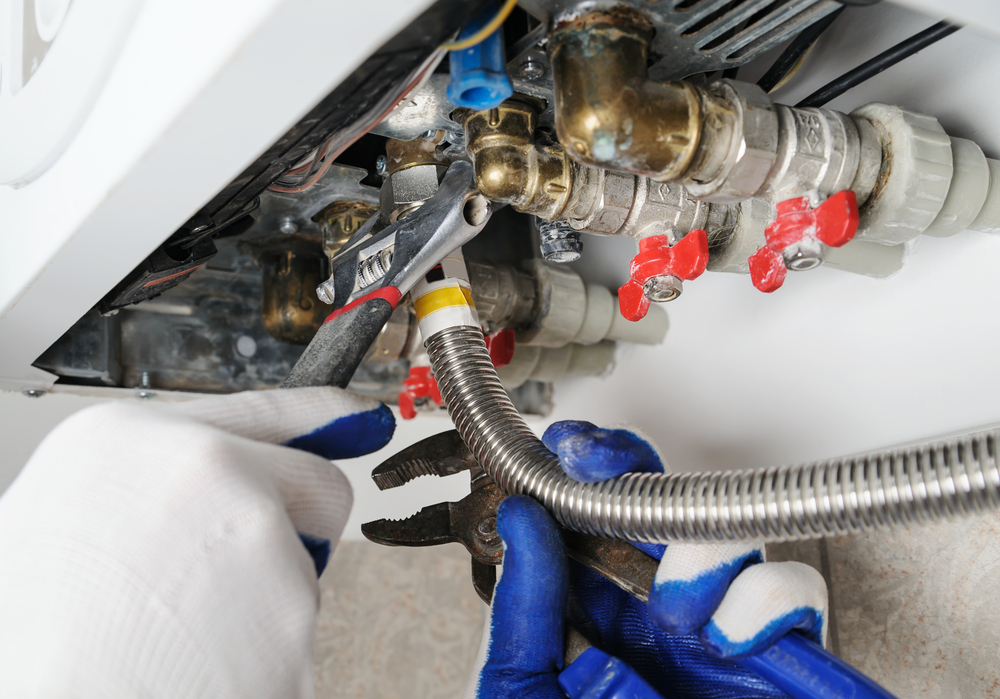
Pipework is the conveyance of fluids, gases or slurries over distances; therefore it’s essential that all aspects of design, installation, maintenance, testing and inspection of pipework adhere to the correct standard. In industrial and commercial settings, various piping materials such as steel, plastic, aluminium, copper, fibreglass, concrete and wood may be utilized. Pipes themselves are usually welded, pinched or smoothed over to create seamless joints free from seams.
Pipework must be constructed out of materials capable of withstanding both pressure and temperature changes caused by transporting fluids. Carbon or stainless steel pipes are usually the go-to choice, but other options exist such as polymer-based piping systems or lined or barrier piping which is ideal for situations where process liquid may come in contact with contaminated soil.
In addition to construction material, piping must also be designed with due consideration given to the corrosive properties of the fluid being transported. Chemical plant pipelines for instance will encounter high concentrations of chlorine; hence special steels must be utilized for handling this gas, along with pressure relief valves for liquid chlorine.
Other corrosive substances such as sodium and calcium chloride necessitate the use of corrosion resistant linings to protect pipework from erosion / corrosion. When selecting a lining, consideration must be given to both the fluid being transported and how accurately sized your piping is for minimal pressure drops.
Corrosion/erosion of pipework can be caused by fluid flow within it, leading to the loss of materials such as bellows and gaskets. The operator should demonstrate that they have procedures in place for assessing design deviations and taking appropriate steps to mitigate their effect.
Another important consideration is the need to regulate static electricity. This can be accomplished through restricting flow rates and employing techniques such as double valveving or high integrity proprietary sampling systems.
Our Pricing
| Our Gas Safety Certificate Prices |
|---|
| Gas Safety Certificate 1 Appliance £40 |
| Gas Safety Certificate 1 Appliance £45 |
| Gas Safety Certificate 1 Appliance £50 |
| Gas Safety Certificate & Boiler Service £74.99 |


